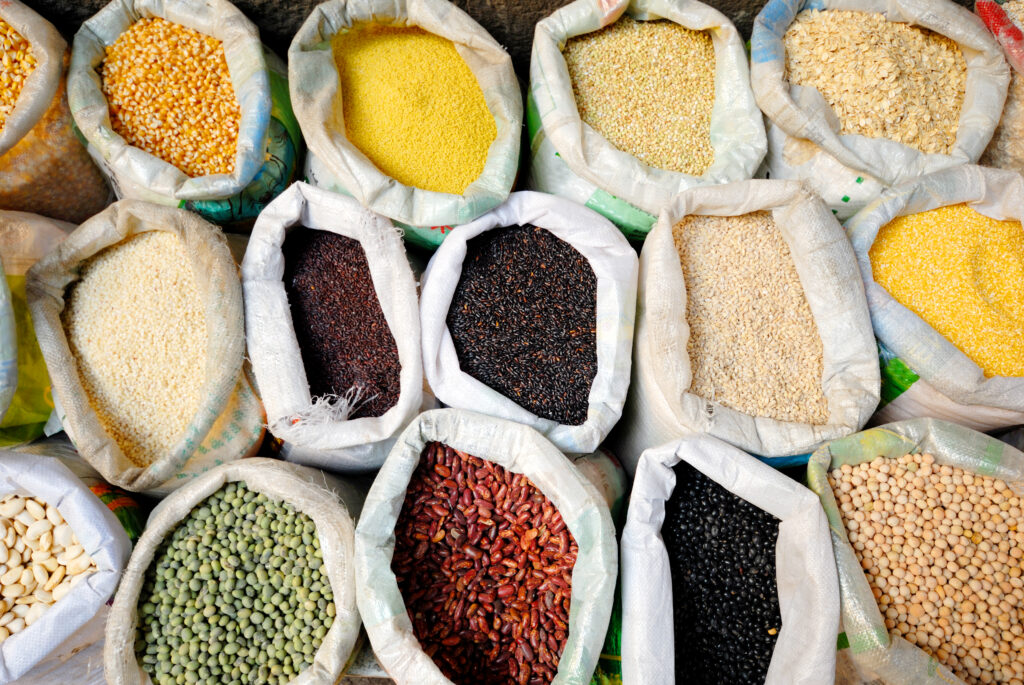
Crop production involves the cultivation of plants for food, fiber, medicinal purposes, and other uses. The basic principles of crop production encompass several key elements to ensure successful and sustainable farming:
- Site Selection and Preparation:
- Choose appropriate land with suitable soil types, topography, drainage, and access to water.
- Prepare the land by clearing debris, plowing, leveling, and improving soil fertility.
- Soil Management:
- Understand soil composition, structure, pH, nutrient levels, and organic matter content.
- Implement soil conservation practices to prevent erosion and maintain soil health.
- Seed Selection and Quality:
- Choose high-quality seeds adapted to the local climate and soil conditions.
- Consider factors such as disease resistance, growth characteristics, and yield potential.
- Crop Rotation and Diversification:
- Rotate crops to prevent soil degradation and optimize nutrient use.
- Diversify crops to spread risk, enhance resilience against pests and diseases, and improve overall farm productivity.
- Water Management:
- Efficiently use water resources through proper irrigation methods and water conservation practices.
- Match irrigation to crop needs and minimize water wastage.
- Fertilization and Nutrient Management:
- Apply appropriate fertilizers based on soil testing and crop nutrient requirements.
- Optimize nutrient use to promote healthy plant growth and maximize yield.
- Pest and Disease Management:
- Monitor crops regularly for signs of pests and diseases.
- Implement integrated pest management (IPM) strategies, which may include biological controls, crop rotation, and judicious use of pesticides.
- Weed Control:
- Use various techniques, such as mechanical cultivation, mulching, and herbicides, to control weeds that compete with crops for resources.
- Crop Monitoring and Adaptation:
- Monitor crop growth, development, and health throughout the growing season.
- Adjust management practices based on observed crop performance and changing environmental conditions.
- Harvesting and Post-harvest Handling:
- Harvest crops at the appropriate time to maximize yield and quality.
- Handle harvested crops carefully to minimize damage and ensure preservation of quality during storage, processing, and distribution.
- Environmental Sustainability:
- Practice farming methods that promote sustainability, minimize environmental impact, and conserve natural resources.
- Consider eco-friendly approaches like organic farming, agroforestry, and conservation agriculture.
- Economic Viability:
- Evaluate the economic feasibility of crop production, considering input costs, market demand, and potential profits.
- Make informed decisions to optimize resources and achieve economic sustainability.
By adhering to these fundamental principles, farmers can enhance crop productivity, improve quality, and contribute to sustainable agriculture and food security.
